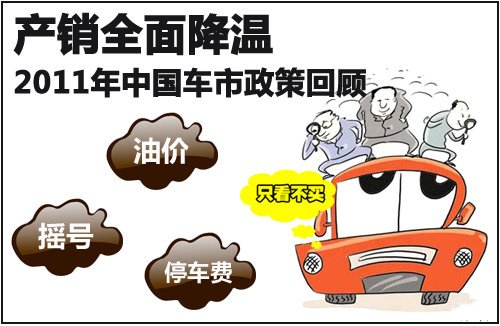 For the Chinese auto market, 2011 will definitely be a year with a turning point. Not only will a lot of heavyweight models be listed during the year, but the auto market policy will also sing “protagonists†and will already have a hot market. With a drastic "cooling down", we have deliberately summarized the new policy implemented this year for you, hoping to help your purchase.
For the Chinese auto market, 2011 will definitely be a year with a turning point. Not only will a lot of heavyweight models be listed during the year, but the auto market policy will also sing “protagonists†and will already have a hot market. With a drastic "cooling down", we have deliberately summarized the new policy implemented this year for you, hoping to help your purchase. 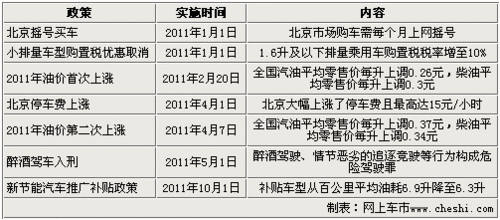
Policy: Shake car implementation time: January 1, 2011
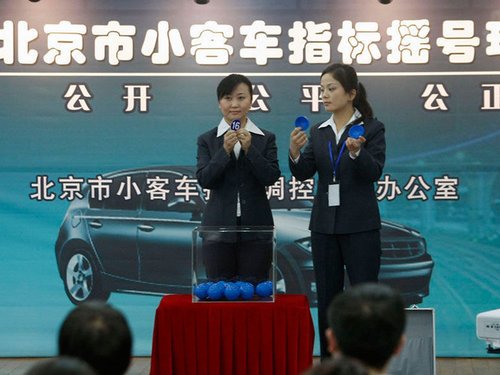
On January 1, 2011, the Beijing motor vehicle license application website was opened. On January 26th, the results of the first round of car shakes in Beijing were generated. From then on, Beijingers bought cars and spent the same days as buying lottery tickets. This year, the total amount of minibuses in Beijing is 240000, of which 88% are individuals, 2% are operated minibuses, and 10% are units. According to reports, this figure is based on the city's demand for passenger cars, road traffic, and environmental carrying capacity. The total amount and proportion are not static. In the future, each relevant department will regulate the number of motor vehicles accordingly.
Policy: Small-displacement purchase tax concession cancellation implementation time: January 1, 2011
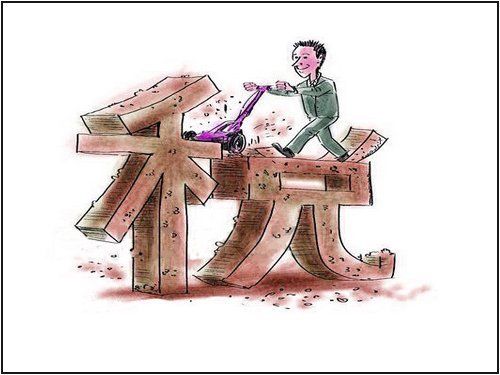
In order to respond to the impact of the international financial crisis on the automotive industry and revitalize the automobile industry, China imposed a vehicle purchase tax policy on reductions of 5% for passenger cars with 1.6 liters or less in the period from January 20 to December 31, 2009. The preferential policies for the reduction of vehicle purchase tax will continue until the end of this year, but the tax rate will be adjusted to a reduction of 7.5% from January 1, 2010 to December 31, 2010. However, starting from January 1, 2011, vehicle purchase tax will be levied at a rate of 10% for passenger cars with a displacement of 1.6 liters or less.
Policy: Rising oil prices Implementation time: February 20, 2011
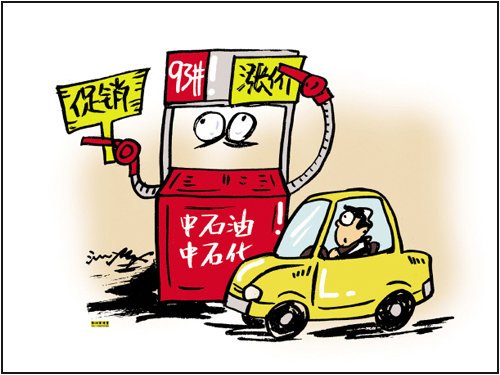
Policy: Increase in parking fees Implementation time: April 1, 2011
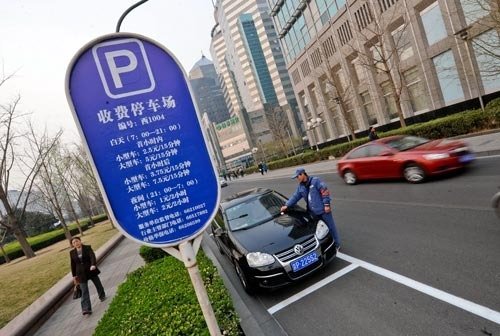
At 7:00 a.m. on April 1, 2011, parking fees for non-residential areas in the 13 first-class areas of the city will increase, and about 70,000 parking spaces will implement new parking fees. The maximum parking space during the day is 15 yuan/hour. Then, the Beijing Municipal Communications Commission, the Municipal Traffic Management Bureau, the Urban Management and Enforcement Bureau, and the Municipal Development and Reform Commission and other related agencies released data yesterday. The daily congested time in Beijing's Wuhuan was reduced by 1 hour and 45 minutes. The average traffic congestion index during the peak hours of the working day At 4.4, it was in the category of “mild congestionâ€, a decrease of 26.9% from the same period of last year. On the other hand, positive changes have taken place in the way people travel, and the average daily passenger traffic in public transport has increased by 3.3% year-on-year.
Policy: Oil prices rise again. Implementation time: April 7, 2011
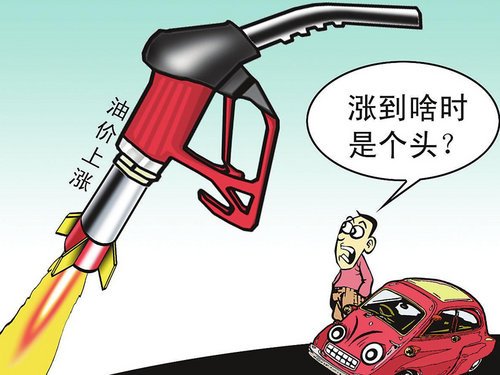
Since 0:00 on April 7, the price of gasoline will increase by 500 yuan per ton, diesel price will increase by 400 yuan per ton, and the adjusted supply prices of gasoline and diesel will be 8,580 yuan and 7,730 yuan per ton, respectively, and the price increase will be 0.37 yuan. Yuan/liter, the diesel discount contract was 0.34 yuan/liter, which was also the second time that the NDRC raised the price of refined oil products.
Policy: Drunk Driving into the Penalty Implementation Date: May 1, 2011
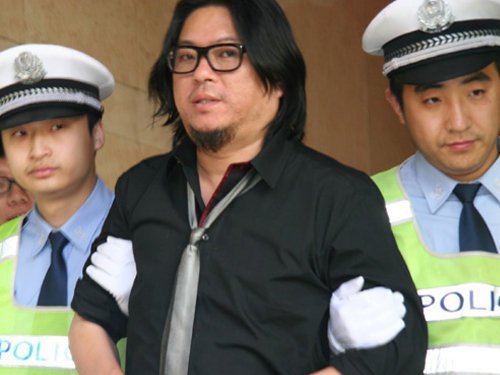
From May 1st, the “Criminal Law Amendment (VIII)†and the revised “Road Traffic Safety Law†that have attracted the attention of the masses were formally implemented. After the revision of the law, penalties for illegal driving such as drunken driving were increased. Among them, drunken driving and poorly chased pursuits constitute dangerous driving offences and will be severely punished by law. Gao Xiaosong, a well-known domestic musician, hit the gun. On the evening of May 9th, he drove a traffic accident in Beijing. He had been tested for alcohol and he had 243.44 milligrams of alcohol per 100 milliliters of blood, which was more than double the drunk driving standard. Gao Xiaosong was subsequently detained by the Beijing police for suspected dangerous driving.
Policy: Huimin Subsidy New Standard Implementation Time: October 1, 2011
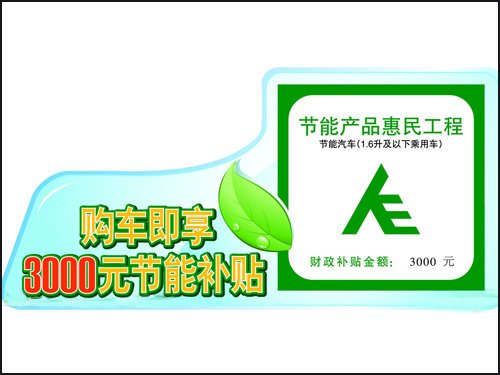
On October 1, 2011, the new energy-saving vehicle promotion subsidy policy was formally implemented. In the New Deal, fuel consumption standards for selected models have increased, from 6.9 liters per 100 kilometers to 6.3 liters. The original 400 models that enjoy subsidy sales have few leftovers. In this adjustment, the A00 mini-car in the self-owned brand was the most affected. Although low-emission and low fuel consumption, many models still cannot meet the standards of the new subsidy policy.
Taken together, the reason why so many restrictive policies are introduced is that the important reason is that they want the auto market to be in a state of long-term steady growth rather than an abnormally hot one. It is believed that the implementation of these policies will help China's auto market is better benign development.
Children Beds,Epp Baby Bed,kindergarten,kindergartens,kindergarten
Jiangsu Laiao Material Technology Co., Ltd. , https://www.jiangsulaiao.com